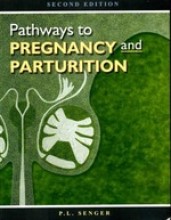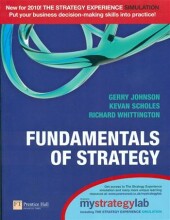Summary: Practical Manuel
- This + 400k other summaries
- A unique study and practice tool
- Never study anything twice again
- Get the grades you hope for
- 100% sure, 100% understanding
Read the summary and the most important questions on Practical manuel
-
7 Module 7
This is a preview. There are 1 more flashcards available for chapter 7
Show more cards here -
What is a formal presentation of a logical data model?
Can be in form of a data-action model -
What is a data-action model?
Gives a structured overview of the methodological framework to solve a spatial problem, in form of a flow charts -
What do lightning bolts represent?
Transformations -
What do circles represent?
Alternations -
8 Module 8
This is a preview. There are 1 more flashcards available for chapter 8
Show more cards here -
What is a query expression?
A precise definition of what you want to select -
What is spatial data queries?
Select a set by working directly with features without using attributes and query expressions. This means that features are selected based on their distance to a ceratin location or based on their spatial relationship to other feautures -
Which three spatial data query methods are there?
- Cursor
- Graphic
- Spatial relationship -
What is a spatial join?
Joins the attribute tables of two vector datasets based on their 'shape'. A spatial join creates a new dataset, which contains both set of attributes and the new aatribute 'distance' -
What is the difference between raster data queries and vector data queries?
Vector data queries allow you to select individual feautures from a dataset. But you cannot select individual raster cells. When you query a rester, you use the attribute 'value' in the query expression, so you will select a 'zone'of the raster dataset. -
9 Module 9
This is a preview. There are 10 more flashcards available for chapter 9
Show more cards here -
Which three groups of transformations are there?
- Projection transformation
- Georeferencing
- Data structure transformation
- Higher grades + faster learning
- Never study anything twice
- 100% sure, 100% understanding






























